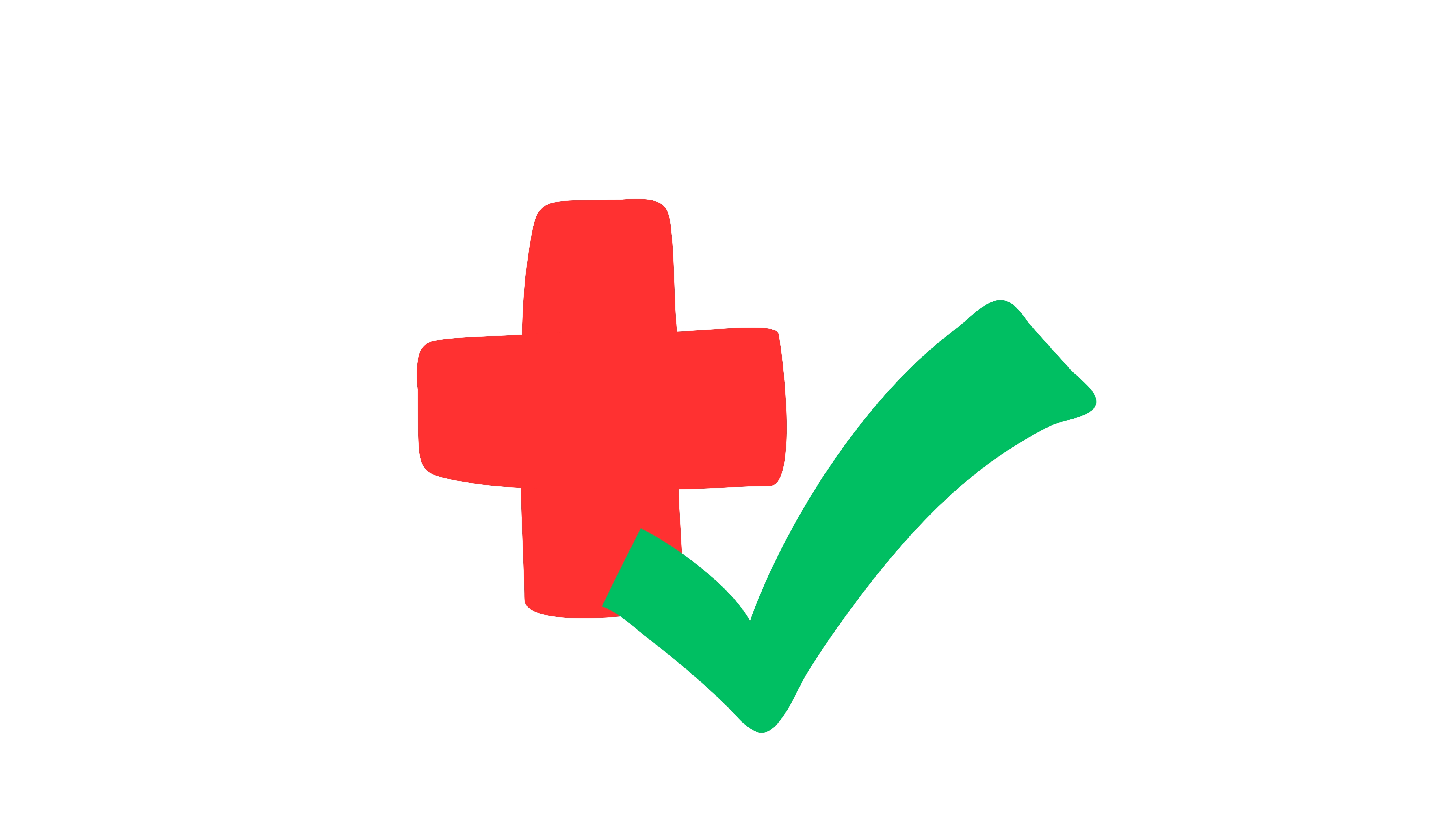PET CT SCAN
PET CT TEST
What is a PET CT Scan?
A PET (Positron Emission Tomography) CT scan is a medical imaging test that combines PET and CT (Computed Tomography) scans to provide detailed information about the body's internal structures and functions. It's commonly used to:
Diagnose and Monitor
1. Cancer: PET CT scans help diagnose, stage, and monitor cancer treatment.
2. Neurological Disorders: PET CT scans help diagnose and monitor neurological conditions like Alzheimer's disease, Parkinson's disease, and epilepsy.
3. Cardiovascular Disease: PET CT scans help diagnose and monitor heart disease.
How PET CT Scans Work
1. PET Scan: A small amount of radioactive tracer is injected into the body, which accumulates in areas with high metabolic activity.
2. CT Scan: A CT scan provides detailed anatomical information.
3. Combined Imaging: The PET and CT images are combined to provide a comprehensive view of the body's internal structures and functions.
• Precautions:
Before the Scan
1. Inform Your Doctor: Inform your doctor about any medications, allergies, or medical conditions.
2. Fasting: You may be required to fast for a few hours before the scan.
3. Hydration: Drink plenty of water to help flush out the radioactive tracer.
During the Scan
1. Remove Jewelry: Remove any jewelry or metal objects that may interfere with the scan.
2. Stay Still: Remain still during the scan to ensure clear images.
3. Follow Instructions: Follow the instructions provided by the technologist.
After the Scan
1. Drink Plenty of Water: Drink plenty of water to help flush out the radioactive tracer.
2. Avoid Close Contact: Avoid close contact with pregnant women, infants, and young children for a few hours after the scan.
3. Follow-Up: Follow up with your doctor to discuss the results and any further treatment or testing.


